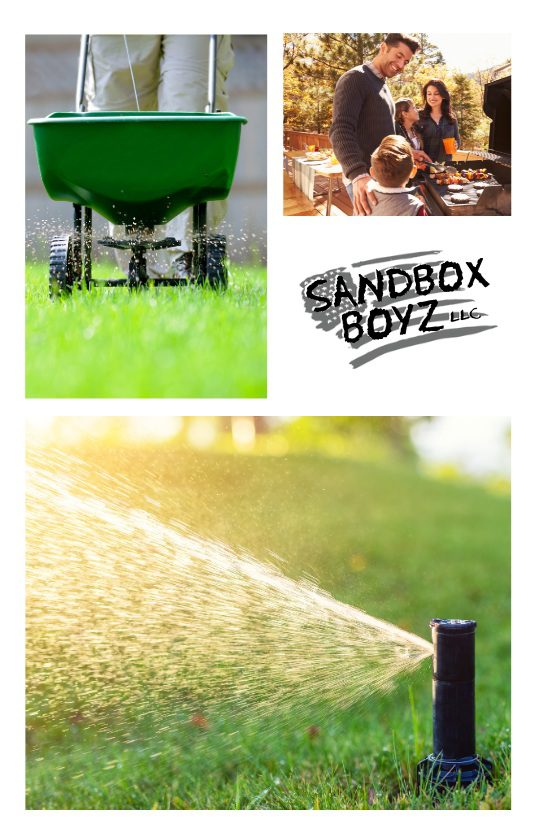
Top 10 Lawn Care Mistakes in Northwest Florida
Caring for your lawn in Northwest Florida comes with its own set of challenges. The region’s warm climate and sandy soil can either contribute to a lush, vibrant lawn or lead to various lawn care issues if not managed properly. Avoid these top 10 lawn care mistakes to ensure your lawn stays healthy and beautiful.
Overwatering: It’s a common misconception that more water equates to a healthier lawn, particularly in warmer climates. However, excessive watering can actually suffocate the roots of your grass and foster fungal diseases. Solution: Opt for deep, sparse watering sessions to promote the development of robust roots, aiming for roughly 1 inch of water weekly, factoring in precipitation.
Underwatering: On the flip side, inadequate hydration can place your lawn under significant stress, especially during the scorching summer months. Solution: Ensure your lawn is sufficiently hydrated, particularly during prolonged dry spells.
Mowing Too Short: Trimming your grass too closely can stress it out and expose the soil to direct sunlight, which can invite weeds and dry out the soil. Solution: Maintain a higher cut, around 2.5 to 3 inches, to foster healthier root systems and a denser lawn.
Neglecting Soil Health: The sandy soils prevalent in Northwest Florida can have difficulty retaining moisture and nutrients. Solution: Enhance your soil regularly with organic matter and consider conducting a soil analysis every few years to customize your fertilization and soil amendment strategies.
Overlooking Pest and Weed Control: Pests and weeds can swiftly take over a neglected lawn. Solution: Keep an eye out for any signs of infestation or weeds and apply targeted treatments as necessary, favoring eco-friendly options whenever possible.
Improper Fertilization: Misusing fertilizers or fertilizing at inopportune times can harm your lawn. Solution: Opt for a slow-release, nitrogen-centric fertilizer and adhere to a fertilization timetable that aligns with your grass type and the local climate.
Ignoring pH Levels: Unsuitable soil pH can impede grass growth and nutrient absorption. Solution: Test your soil’s pH and adjust it to meet the requirements of your lawn grass, aiming for a pH that promotes optimal growth.
Ignoring Thatch Accumulation: Thatch can block water, air, and nutrients from reaching the soil. Solution: De-thatch your lawn as necessary to eliminate the layer of dead grass and organic debris that builds up on the soil’s surface.
Skipping Aeration: Compacted soil can hinder root expansion and decrease water penetration. Solution: Aerate your lawn yearly to enhance oxygen flow, water absorption, and nutrient uptake.
Using Dull Mower Blades: Blunt blades can tear grass, causing a jagged look and making the lawn more prone to diseases. Solution: Sharpen your mower blades frequently for clean cuts and a healthier lawn.
